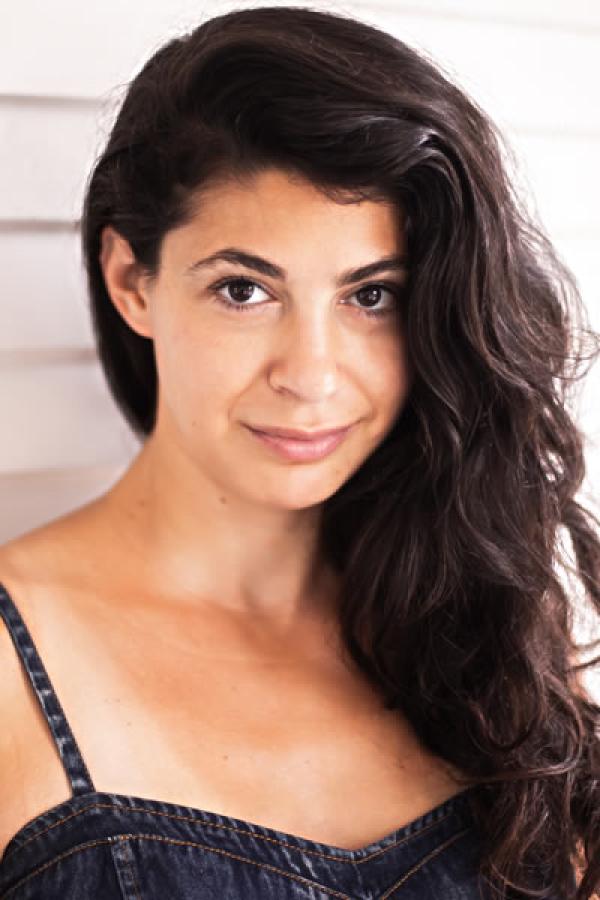Natalie Eilbert

Photo by Mark Koranda
Bio
Natalie Eilbert was born in New York. A graduate of Columbia University’s School of the Arts, she is the author of two poetry collections, Swan Feast (Bloof Books, 2015) and Indictus (Noemi Press, 2018). Her poetry and prose have been featured in the New Yorker, Granta, Poetry, and many other publications. She was the 2016–17 Jay C. and Ruth Halls Poetry Fellow at the Wisconsin Institute of Creative Writing, and has taught at the University of Wisconsin–Madison, SUNY Purchase, the 92nd Street Y, Catapult, and the Brooklyn Poets. She is currently pursuing a master of science at the Medill School of Journalism at Northwestern, specializing in health, environment, and science reporting. She lives in Chicago.
I didn’t think I had written this year. The act of it fell into all the other “busy griefs” of 2020, such that making use of loss faded into an everyday function of survival. Earlier this year, I left academia to become a science journalist, reporting on climate change and environmental justice. With the oceans expanding, heavy metals disproportionately affecting vulnerable communities, and deforestation leveling out critical ecosystems, poems offered me no balms, no miracles, no higher vantage to surpass our circumstances. Frankly, I lost poetry for a time.
This year I walked into the world differently. I picked up the phone or I turned my camera on to speak with victims of wrongful arrest, climate-displaced residents, exhausted healthcare workers, undocumented mothers holding up three generations of kin on a single paycheck, teenagers who demanded clean air and the freedom to plant a garden, policymakers. I entered as witness, guided by a version of myself of whom I had also lost sight. But in the darkness, I learned curation: the ways in which our stories are bound and at odds, can be seamed and countered, amplified and dismissed. I would not be the same poet from 2017 scrawling her book-length poem nor the poet from 2019 stooped in a corner, wailing of personal failings.
The generous fellowship from the National Endowment for the Arts will be used to finish my third collection of poems, Overland, which is a reference to regional wind patterns. Throughout its various incarnations, I have learned the urgency of listening. Climate change has shifted the wind’s direction over land and sea, dispersing ecosystems that have grown for millennia across new plains, where seed and animal alike must either thrive or perish unceremoniously. The poems in this collection seek that which has been dispersed, lost, obscured by calamity. The NEA grant will push me to discover new ecosystems, and give me strength to continue. I am grateful to return to poetry in a new—albeit terrifying—plain.

